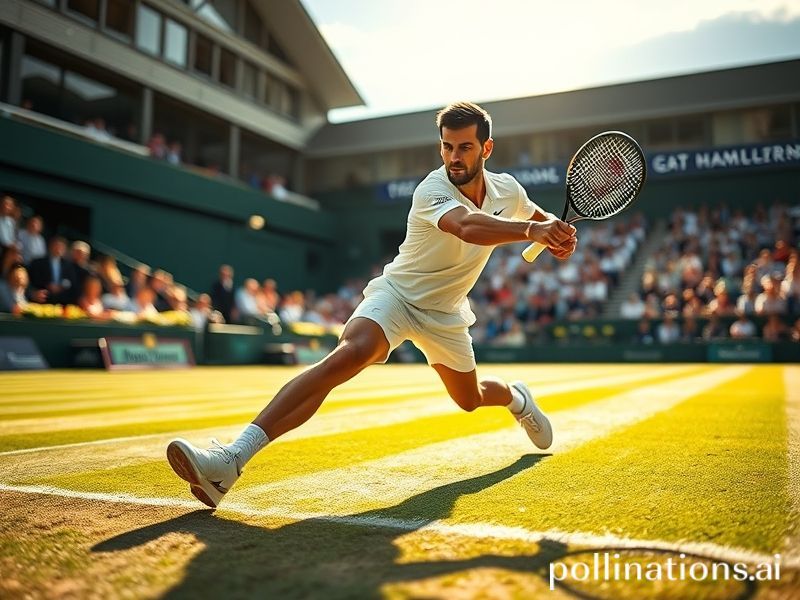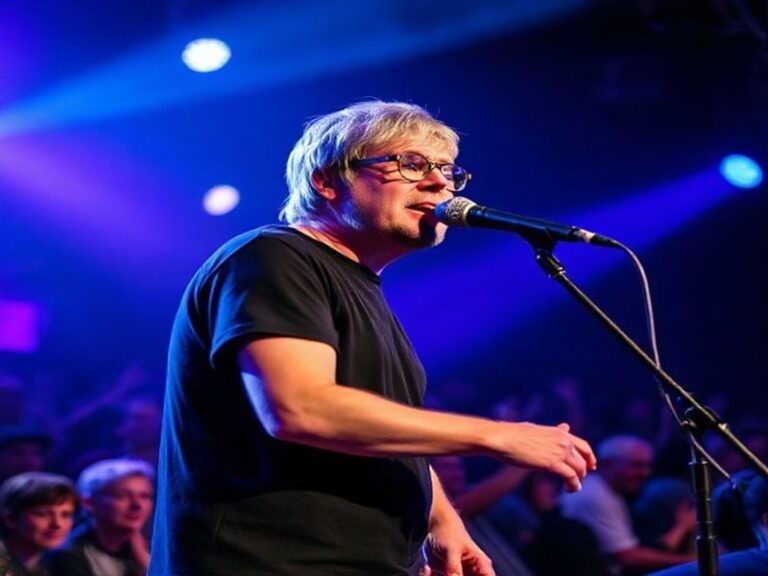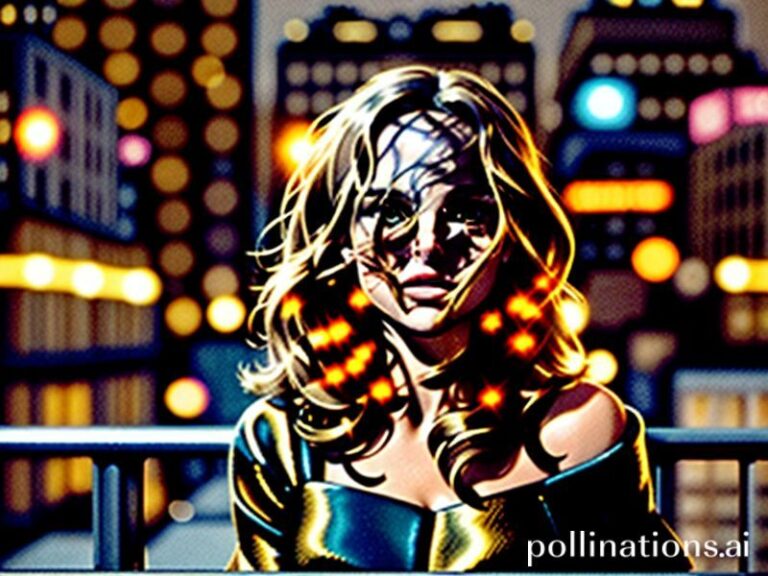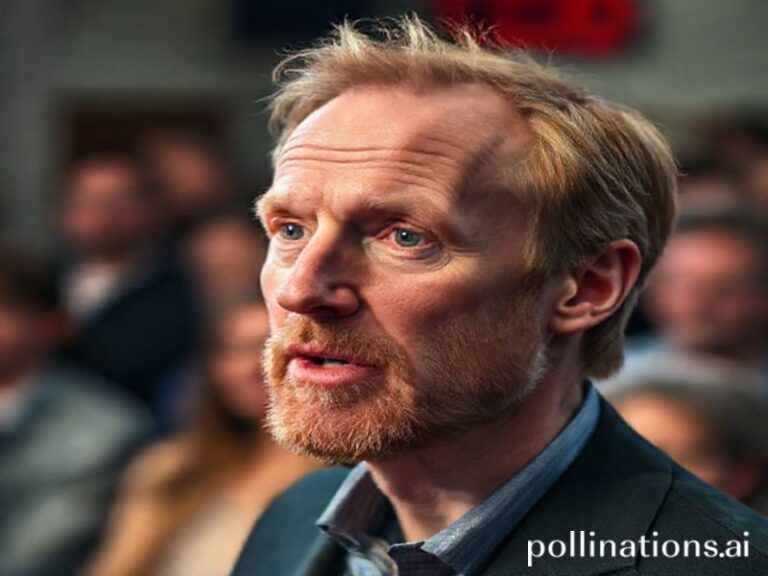The Stateless King: How Novak Djokovic Became Tennis’s Last Sovereign in a World That Won’t Cheer
Novak Djokovic: The Last Sovereign of a Crumbling Empire
By Dave’s Locker Foreign Desk
There’s a small, rectangular kingdom that exists wherever a tennis court has white lines and a net. It has no parliament, no currency, and no immigration queue—only a scoreboard and the faint smell of overpriced sunscreen. For the better part of two decades, the monarch of this portable realm has been Novak Djokovic, a man who can turn a fuzzy yellow ball into an instrument of geopolitical theatre.
From Melbourne to Monte Carlo, Wimbledon’s manicured lawns to the concrete brutalism of Flushing Meadows, Djokovic has ruled with the serene ruthlessness of a medieval prince who also happens to do gluten-free. He has collected 24 Grand Slam titles, a haul that would make any empire blush, yet he remains curiously stateless in the hearts of casual fans. In Serbia he is a secular saint; everywhere else, he is either the inevitable villain or the necessary foil, depending on how much you enjoy watching Roger Federer’s forehand cry itself to sleep.
The world’s embassies, of course, have opinions. Australia once cancelled his visa faster than you can say “public-health optics,” turning a routine medical exemption into a diplomatic cage match that made the French look positively relaxed by comparison. France, for its part, shrugged Gallically and let him play, because existentialism and a decent backhand are not mutually exclusive. The United States flirted with banning him over vaccination status, then quietly stamped his passport when ticket sales began to cough. It turns out sovereignty is negotiable if the gate receipts are fat enough.
Meanwhile, the International Tennis Federation—an organization whose moral compass spins like a weather vane in a hurricane—continues to sell the sport as a gentle metaphor for global cooperation. That illusion lasts exactly until Djokovic rips his shirt off, roars at his box, and reminds everyone that nationalism is just tribalism with better branding. His father once posed with Vladimir Putin fans waving Russian flags at the Australian Open, an image that traveled the world faster than a Serbian take-home souvenir. Djokovic fils distanced himself, of course, but the photograph lingers like a bad aftershave in an elevator: pungent, unavoidable, and somehow everybody’s fault.
Yet strip away the flag-waving and the bureaucratic farce, and what remains is a body of work so preposterously consistent it borders on monarchy. He has beaten more generations of tennis players than most governments last. When he debuted, the iPhone was still a rumor and TikTok was merely the sound a grandfather clock made. Now Generation Z is retiring early with crypto losses, and he’s still out there grinding five-setters like a man who’s read the small print on mortality and decided to renegotiate.
The cruel irony is that greatness has never looked lonelier. Federer’s farewell last year was a global water-cooler moment; Nadal’s imminent curtain call will be a Spanish national holiday. Djokovic, should he ever choose to abdicate, will likely hold a press conference in an empty room while the world checks Instagram for cat videos. The unloved king, victorious yet vaguely embarrassing, like a winning lottery ticket discovered too late to claim the prize.
And still he persists, perhaps because the alternative—an ordinary passport queue, a silent phone, a world that no longer measures its heartbeat in tiebreaks—is more terrifying than any baseline rally. Somewhere in Belgrade tonight, a child is practicing drop shots under flickering streetlights, dreaming of the same impossible sovereignty. History suggests the dream ends in heartbreak or hernia, but for now the empire holds.
For now, the ball is still in play. And somewhere, a scoreboard ticks upward, unimpressed by pandemics, politics, or the inevitable erosion of everything we once thought permanent. Game, set, existential crisis.







